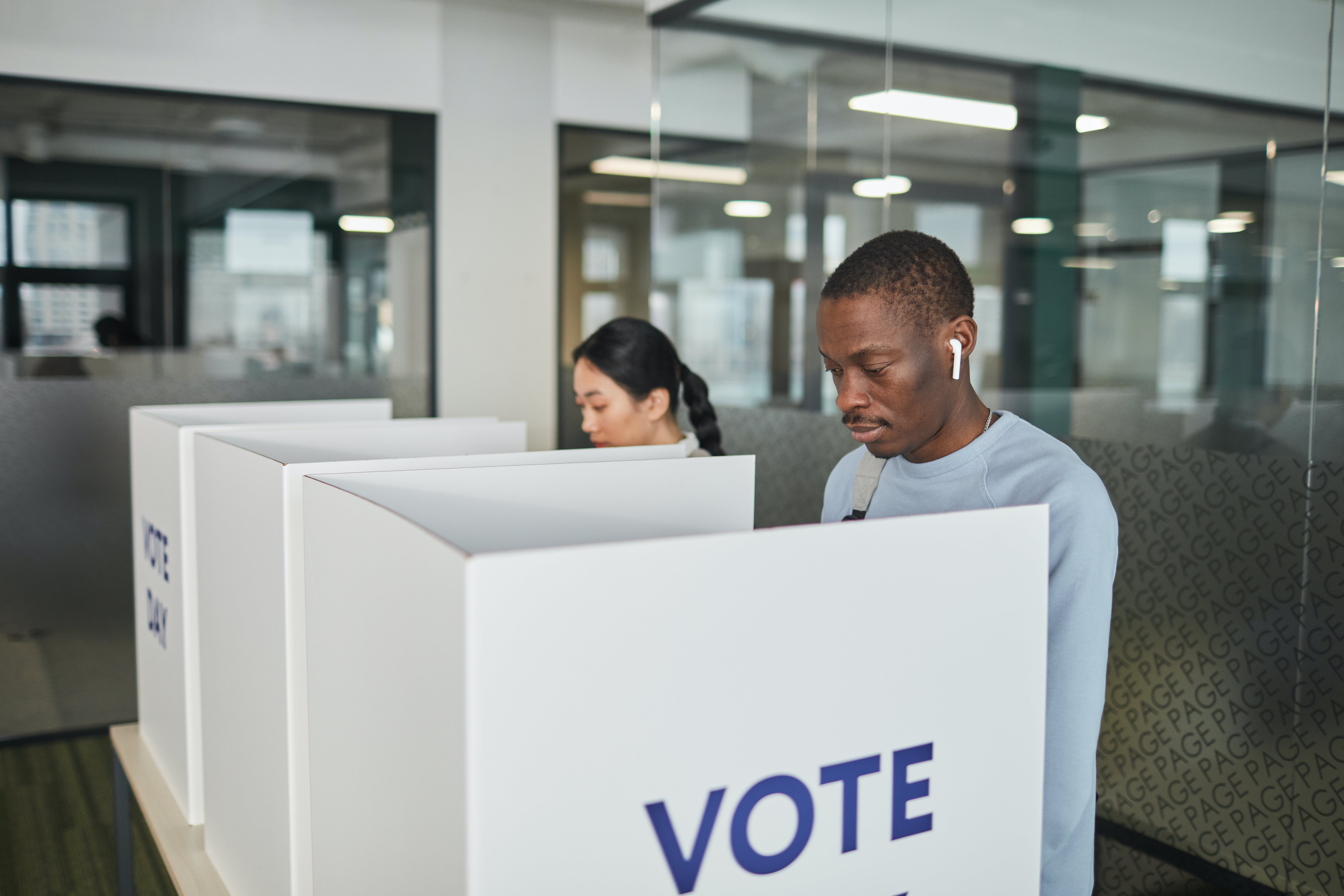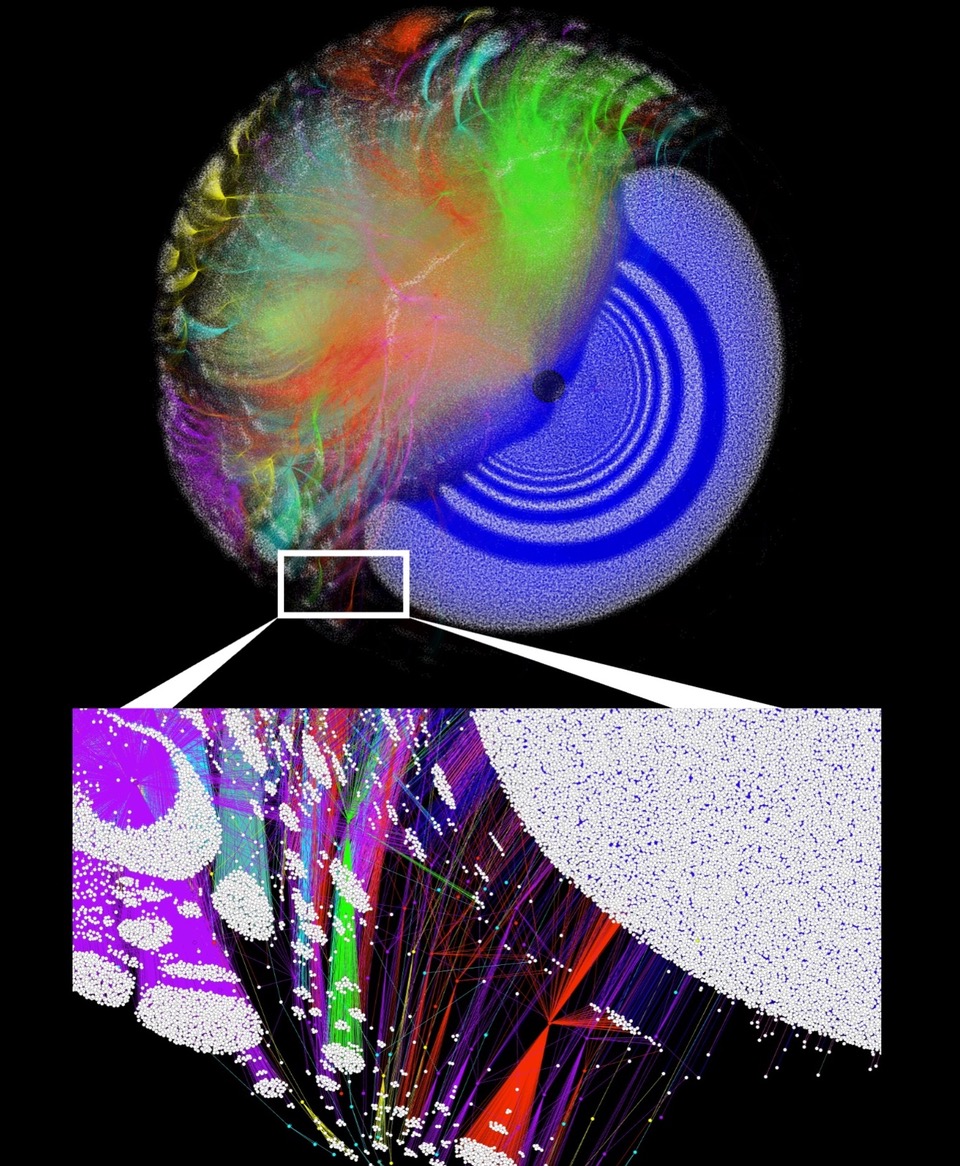A digitally altered message intended to sound like U.S. President Joe Biden is the latest example of how artificial intelligence (AI) is being used in political campaigns, increasing concerns about the threat of misinformation impacting elections. The fake message urged New Hampshire residents not to vote in Tuesday’s primary. According to The Hill, the robocall is only fueling continued calls for AI regulation to combat AI misuse and misinformation.
Faculty experts at the George Washington University are available to offer insight, context and analysis on a number of topics related to AI, elections and misinformation, including efforts to regulate AI, the importance of building trustworthy AI, and the impact misinformation can have on elections, in the U.S. but also globally. If you would like to speak with an expert, please contact GW Media Relations Specialists Shannon Mitchell at shannon [dot] mitchell gwu [dot] edu (shannon[dot]mitchell[at]gwu[dot]edu) and Cate Douglass at cdouglass
gwu [dot] edu (shannon[dot]mitchell[at]gwu[dot]edu) and Cate Douglass at cdouglass gwu [dot] edu (cdouglass[at]gwu[dot]edu).
gwu [dot] edu (cdouglass[at]gwu[dot]edu).
Misinformation
Neil Johnson, professor of physics, leads a new initiative in Complexity and Data Science which combines cross-disciplinary fundamental research with data science to attack complex real-world problems. He is an expert on how misinformation and hate speech spreads online and effective mitigation strategies. This week, Johnson published new research on bad-actor AI online activity in 2024. The study predicts that daily, bad-actor AI activity is going to escalate by mid-2024, increasing the threat that it could affect election results.
Politics
David Karpf, associate professor of media and public affairs, focuses his work on strategic communication practices of political associations in America, with a particular interest in Internet-related strategies. Two of his published books discuss how digital media is transforming the work of political advocacy and activist organizations. Karpf is an expert on artificial intelligence, internet politics, and political communication and can discuss the role of AI and misinformation plans in campaigns and elections.
Law
Aram Gavoor is the Associate Dean for Academic Affairs; Professorial Lecturer in Law; Professor (by courtesy), Trachtenberg School of Public Policy & Public Administration. Gavoor is an expert in American administrative law, national security and federal court. He can speak to the growing concerns of unregulated AI.
Spencer Overton is The Patricia Roberts Harris Research Professorship; Professor of Law. Overton also directs the GW Equity Institute’s Multiracial Democracy Project. In addition to his expertise in voting rights, Overton’s research focuses on AI deep fakes in elections having testified in Congress on the matter.
Trustworthy AI
Patrick Hall is a teaching assistant professor of decision sciences at the George Washington University School of Business, teaching data ethics, business analytics, and machine learning classes. He also conducts research in support of NIST's AI risk management framework and is affiliated with leading fair lending and AI risk management advisory firms. He can discuss topics related to building trustworthy AI, bias in AI systems, and AI regulation efforts.
-GW-




